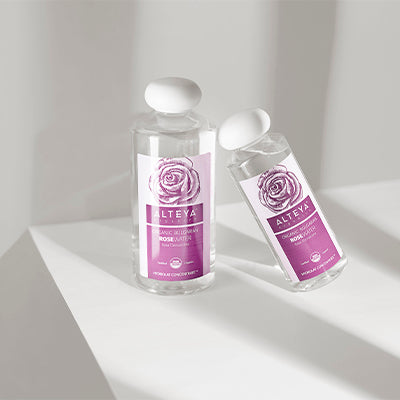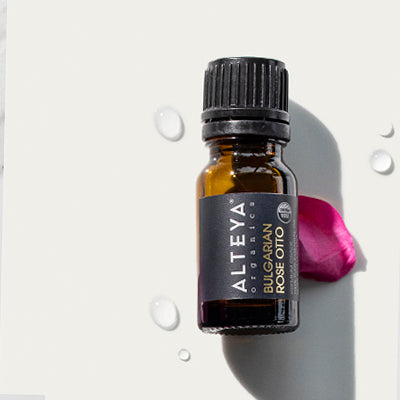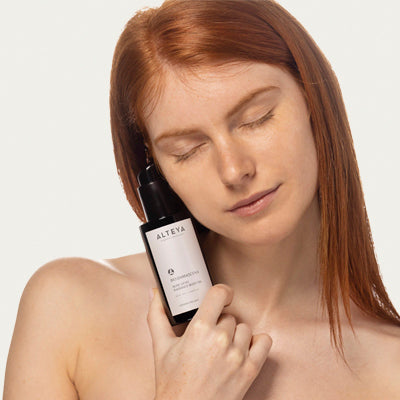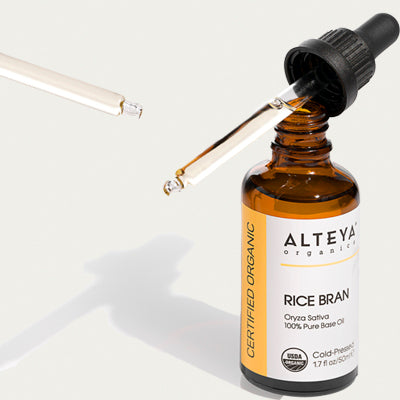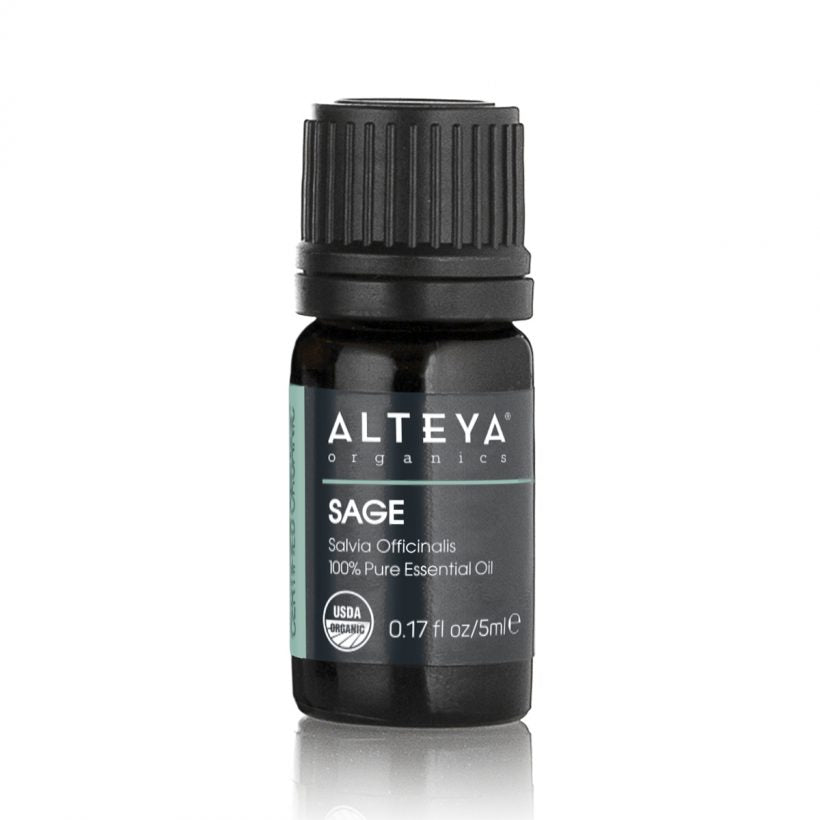In a world where stress and anxiety are extensive, many people are looking for natural remedies to restore their balance and increase their well-being. One such remedy that has gained great popularity is the use of essential oils. These concentrated plant extracts not only fill our homes with pleasant scents, but also provide a wealth of benefits for our physical and mental health.
But what is the science behind these essential oils? How do they work their magic on our body and mind? In this captivating exploration, we'll delve into the fascinating world of essential oils and unravel the secrets behind their therapeutic effects.

Essential oils are concentrated essences of plants extracted from flowers, leaves, stems, bark or roots. For centuries they have been used in various cultures for their healing properties. They are produced through distillation or cold extraction, which preserves the valuable active ingredients of the plants.

Aromatherapy is the use of essential oils to promote physical and mental well-being. The sense of smell is closely linked to our brain and can trigger strong emotional and physical reactions. When we inhale essential oils, the tiny molecules enter our brain via the nasal mucosa, where they influence various neurochemical processes.
The main constituents of essential oils, such as terpenes and phenols, interact with our receptors and neurotransmitters, which can lead to a variety of effects. For example, essential oils can have a calming, invigorating, anti-inflammatory, or analgesic effect, depending on their chemical composition and the context of their application.

The connection between essential oils and emotions has been known for a long time. Certain scents can promote positive emotions such as joy, relaxation, and serenity, while others can be calming or stimulating. This is because essential oils can affect the release of certain neurotransmitters in the brain that are responsible for our mood and emotions. For example, inhaling lavender essential oil can cause more serotonin to be released, a neurotransmitter associated with feelings of happiness and relaxation.
Scents of citrus essential oils can stimulate the production of endorphins, which give us a feeling of well-being and euphoria.

Stress is a common problem in our society today, and many people are looking for natural ways to deal with it. Essential oils can be an effective method of coping with stress. Studies have shown that certain essential oils, such as lavender, ylang-ylang, and bergamot, may have stress-reducing properties. These scents can affect the activity of the autonomic nervous system, which is responsible for the body's stress responses. By activating the parasympathetic nervous system, essential oils can help put the body in a state of relaxation. In addition, they can also improve concentration and attention, which can help us deal with stressful situations.

Unfortunately, many people have problems with insomnia or poor sleep quality. Essential oils can provide a natural solution to these problems.
Lavender oil is especially known for its calming and sleep-inducing properties. It can help improve sleep quality and reduce sleep disturbances. Other essential oils such as chamomile, neroli, and vetiver can also have calming effects and promote sleep.

In addition to their effects on mood and mind, essential oils can also provide some benefits for physical health. Some essential oils are known to have anti-inflammatory properties and can help relieve pain and inflammation. Peppermint oil, for example, can be effective for headache and migraine by promoting blood circulation and relieving pain. Eucalyptus oil is known for its expectorant properties and can help with respiratory problems such as colds and sinusitis. Tea tree oil is said to possess antimicrobial properties and can be beneficial for skin problems such as acne and skin infections.

Before using essential oils, it is important to follow some safety guidelines. Essential oils are highly concentrated and should never be applied undiluted to the skin. It is advisable to dilute them with a carrier oil to avoid skin irritation. Some essential oils can also cause allergic reactions, so it is advisable to do a patch test before use. It is also important to keep essential oils away from children and not to take them orally unless specifically recommended by a qualified professional. Always consult a professional or a qualified aromatherapist to determine the correct application and dosage for your specific needs.

There are a variety of essential oils on the market, and each has its own specific benefits.
It is important to note that each person may react differently to essential oils. What works for one person may not work for another. Therefore, experiment with different oils and find out which ones suit you best.

There are many ways to incorporate essential oils into everyday life and reap their benefits. Here are some ideas:
- Use essential oils in a diffuser to fill the room with pleasant scents and improve mood.
- Add a few drops of essential oil to a warm bath to relax and relieve stress.
- Dilute essential oils with a carrier oil and massage them into the skin to relieve pain or nourish the skin.
- Add essential oils to homemade cleansing products to create natural and fragrant cleansers.
- Use essential oils in DIY cosmetic products such as face masks or body butter to pamper and nourish your skin.
The possibilities are endless, and you can unleash your creativity to incorporate essential oils into your daily life.
Conclusion: Use the power of nature for better well-being
The science behind essential oils is fascinating and offers a glimpse into the amazing effects of these natural substances on our bodies and minds. From their unique chemical composition to their therapeutic properties, essential oils have the potential to improve our well-being in a variety of ways. Whether you're looking for stress relief, better sleep, or physical health, essential oils can provide a natural solution. Remember to use essential oils safely and effectively and choose the right oils for your individual needs. Immerse yourself in the fascinating world of essential oils and use the power of nature for a better sense of well-being.
Introduction to essential oils and their origin
The science of aromatherapy and how essential oils affect our brain
Essential oils and their impact on mood and emotions
The link between essential oils and stress reduction
Essential oils for sleep and relaxation
The benefits of essential oils for physical health
How to use essential oils safely and effectively
Popular essential oils and their specific benefits
How to integrate essential oils into everyday life



